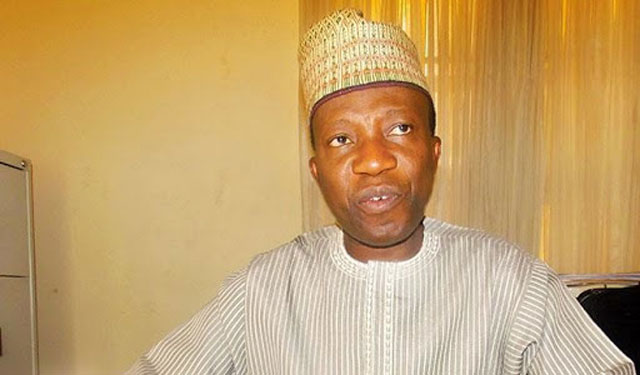
The National Institute for Legislative and Democratic Studies (NILDS), at the weekend, said poor understanding and management of overlapping mandates hinder adequate response to insecurity in the country.
Director-General of NILDS, Prof. Abubakar Sulaiman, disclosed this in his opening remarks at the retreat for the leadership and security committees of the House of Representatives in Lagos.
Sulaiman said findings by the NILDS, which would be presented at the retreat, showed that despite the perennial and often cited problems of security agencies such as insufficient funding, lack of military hardware and absence of robust intelligence gathering, the lack of synergy among security agencies was a major setback.
He explained that the Boko Haram insurgency in the Northeast, banditry and kidnappings in the Northwest, farmer-herder clashes and crime in the North Central and re-emergence of secessionist groups in the South have challenged the fabric of Nigeria and the security architecture, making it imperative for collaborative structures to address them.
Sulaiman stressed that with stronger synergy among security and other agencies, they would be better able to manage conflicts, share resources and draw from the operational competences of one another, in addition to reducing the strain on existing resources channelled to addressing insecurity.
He revealed that various recommendations came up after a series of retreats, workshops and validation meetings organised by NILDS and the Konrad-Adenauer-Stiftung (KAS) Foundation targeted at intelligence agencies and security-based committees of the House of Representatives.
They include the need for a holistic reform of the legal frameworks regulating the operations of security agencies and actors as well as other non-legal measures, including development of collaborative structures for training, intelligence sharing and standard operating procedures (SOPs) for joint operations.
Flowing from insights gained from the meetings, NILDS, KAS and experts from the Office of the Speaker, House of Representatives, Femi Gbajabiamila and the House Committee on Monitoring and Implementation of the Legislative Agenda, also reviewed Nigeria’s national security framework and identified priority issues contained in the House Agenda, after which they drafted nine security Bills.
They include The Armed Forces Act (Amendment) Bill, Civil Defence Act (Amendment) Bill, Economic and Financial Crimes Commission Act (Amendment) Bill, Corrupt Practices and Other Related Offences Act (Amendment) Bill and the Customs and Excise Management Act (Amendment) Bill. Others are the Police Act (Amendment) Bill, ECOWAS Convention on Small Arms and Light Weapons, among others.
Speaking, Resident Representative of KAS, Dr. Vladmir Kreck, explained that the retreat was timely and was targeted at ultimately strengthening interagency collaboration to tackle insecurity, and usher in a regime of governance and democracy in the security architecture in Nigeria.
Other speakers at the opening ceremony are Consular-General of the German Consulate in Lagos, Dr. Stefan Trauman, Gbajabiamila and Chairman, House Committee on Monitoring and Implementation of Legislative Agenda, Hon. Henry Nwawuba.



